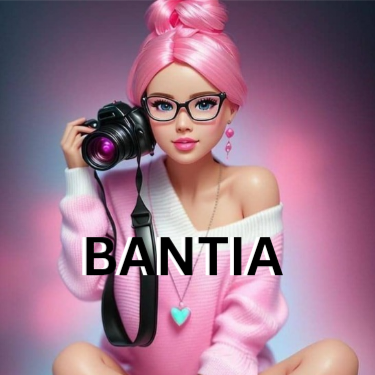Bitcoin for the State or Bitcoin for the People?
 Blessing Antia
Blessing Antia
Introduction
Bitcoin was created as a decentralized financial revolution, separating money from centralized control. However, as adoption grows, a crucial debate arises: Will Bitcoin empower individuals or become another asset controlled by governments and institutions?
Institutional Adoption: A Double-Edged Sword
Governments and corporations now accumulate Bitcoin, recognizing it as digital gold. While this legitimizes Bitcoin, it also risks centralization, where large entities control supply and dictate regulations. If Bitcoin becomes a state-controlled reserve asset, will everyday users still have access?
The Risks of Bitcoin Becoming “New Gold”
Centralized Holdings: Institutions accumulating BTC could restrict public access.
Regulatory Capture: Governments may impose restrictive policies.
Limited Utility: BTC could shift from a peer-to-peer currency to a hoarded store of value.
Keeping Bitcoin Decentralized
To maintain Bitcoin’s ethos, we must push for BTCFi (Bitcoin Finance)—decentralized financial applications ensuring accessibility. Supporting self-custody, open reserves, and peer-to-peer use is critical.
Conclusion
Bitcoin’s future depends on us. Will it remain a tool for financial sovereignty or become another elite asset? Act now to keep Bitcoin for the people.
🔗 Read more: cointelegraph.com/news/bitcoin-f…
Subscribe to my newsletter
Read articles from Blessing Antia directly inside your inbox. Subscribe to the newsletter, and don't miss out.
Written by
